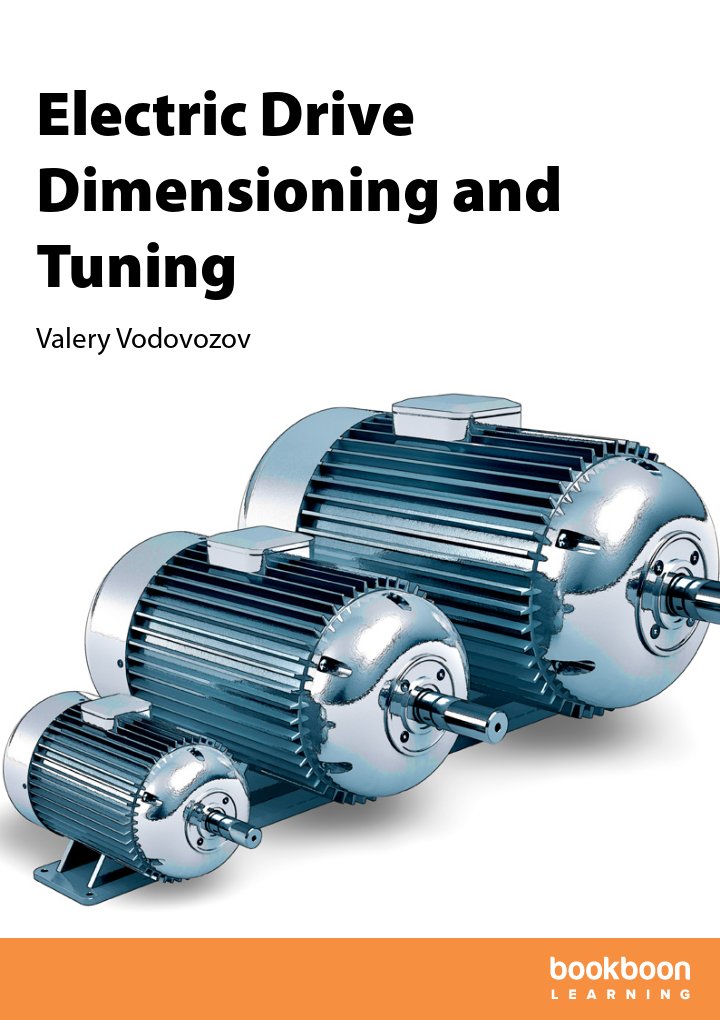By, Ziemann, Volker
"Based on the author's successful course, with contents carefully crafted in light of feedback from reviewers, this is the first book to give a practical and wide-ranging account of how to interface sensors and actuators with micro-controllers (Arduino), Raspberry Pi and EPICS. The author describes the progression of raw signals through conditioning stages, digitization, data storage and presentation. Sections on switches and motors, which cover basic robotics, are also included. All steps are illustrated with handson examples, based on inexpensive hardware. The book is suitable for advanced undergraduate and graduate students in physics and electrical engineering, as well as for hobbyists"-- Read more...
Abstract: "Based on the author's successful course, with contents carefully crafted in light of feedback from reviewers, this is the first book to give a practical and wide-ranging account of how to interface sensors and actuators with micro-controllers (Arduino), Raspberry Pi and EPICS. The author describes the progression of raw signals through conditioning stages, digitization, data storage and presentation. Sections on switches and motors, which cover basic robotics, are also included. All steps are illustrated with handson examples, based on inexpensive hardware. The book is suitable for advanced undergraduate and graduate students in physics and electrical engineering, as well as for hobbyists"






